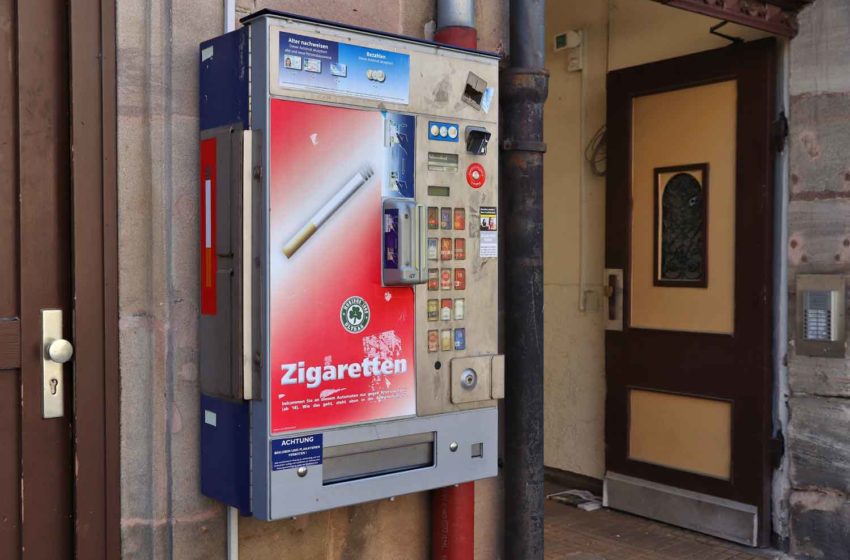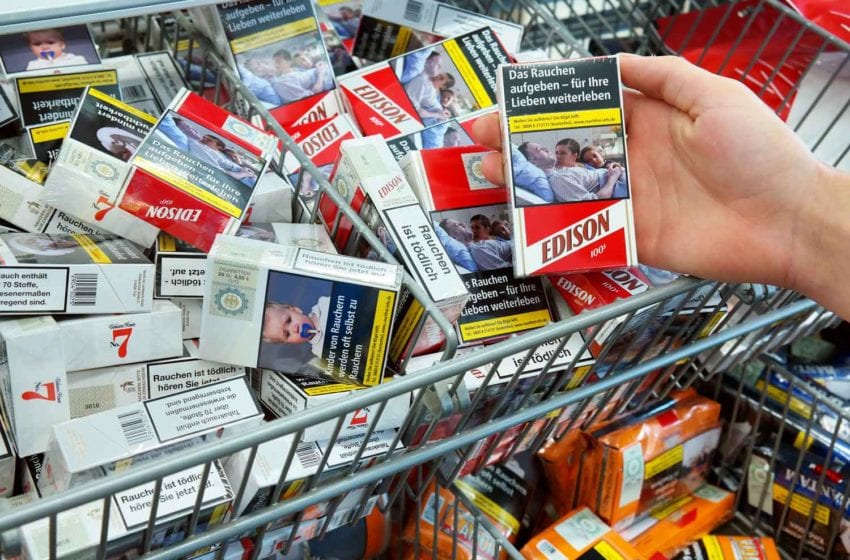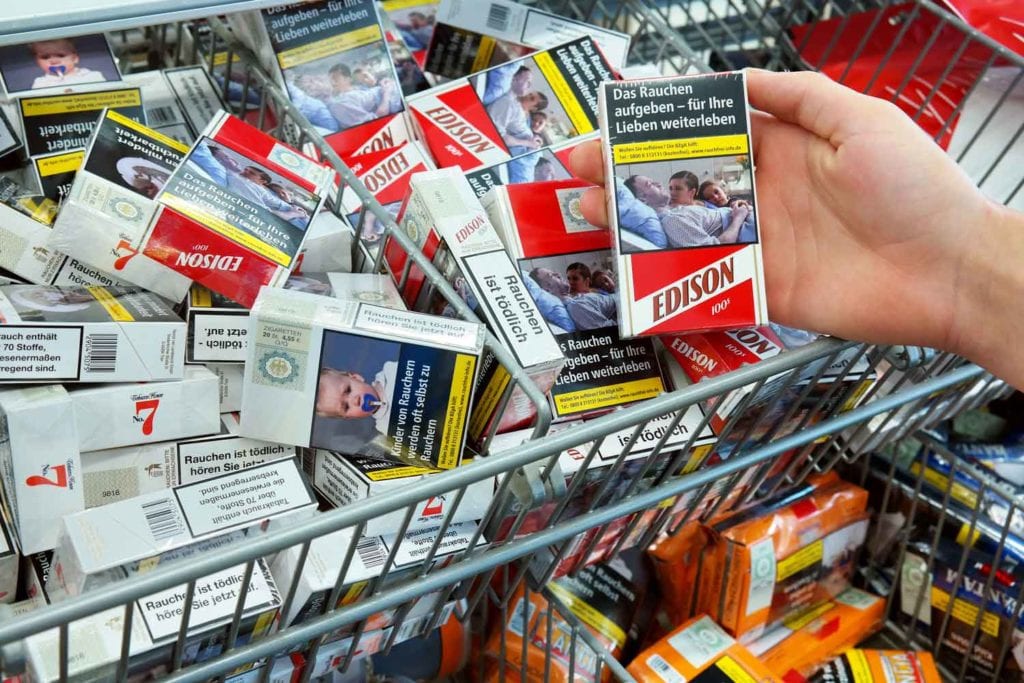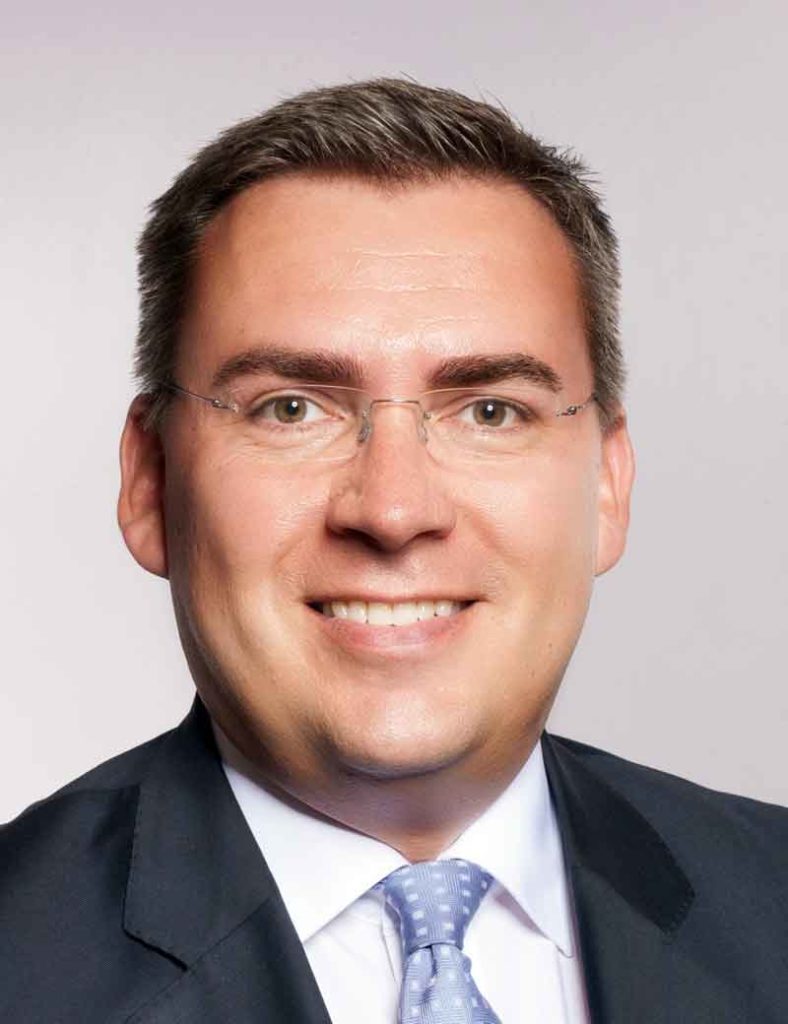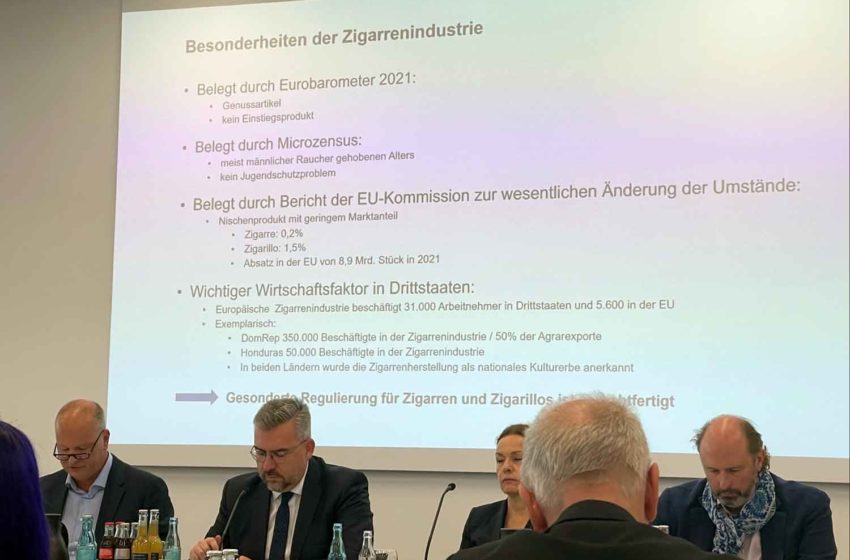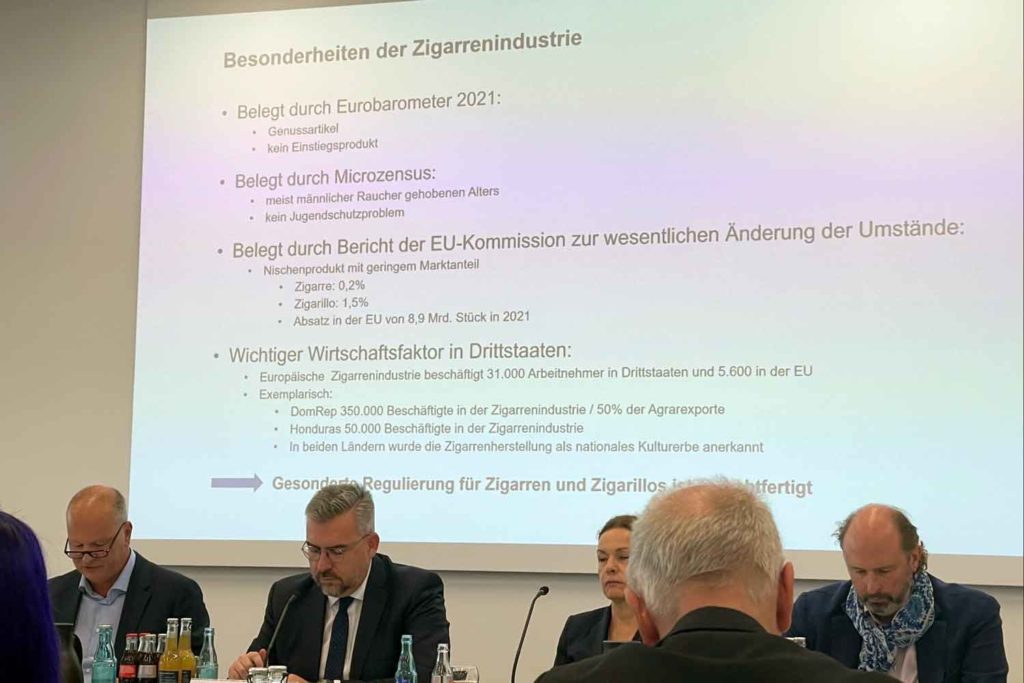
Cigarette sales in Germany fell 8.3 percent to 65.8 billion units in 2022, according to tobacco tax stamp figures published by the Federal Statistical Office on Feb. 8.
German cigarette volumes have been declining steadily for years. In 2012, smokers bought 82.4 billion cigarettes. As a result of tobacco tax increases and inflation-related adjustments, a pack of 20 premium cigarettes became more than 5 percent expensive in both 2022 and 2023—which is still below the average rate of inflation in those years.
In response to the price hikes, some smokers have switched to fine-cut tobacco, which is taxed at lower rates. Sales of roll-your-own and make-your-own cigarettes remained stable in 2022 at 25,080 tons.
Sales of cigars and cigarillos declined 8.9 percent compared to the previous year. The pipe tobacco tax category, which in 2021 still included classic pipe tobacco, water pipe tobacco and tobacco heaters, now only reflects sales of classic pipe tobacco, which reached 324.5 tons in 2022. The volume for water pipe tobacco was 962.6 tons.
The share of untaxed cigarette sales in Germany declined from 19.1 percent in 2019 to 17.3 percent in 2022, likely as a result of coronavirus-related travel restrictions. According to the German Association of the Tobacco Industry and New Products (BVTE), this means that lower legal cigarette sales were not fully offset by sales of products purchased abroad or on the black market.
In July 2022, Germany started taxing e-liquids at a rate of €0.16 ($0.17) per milliliter. The government taxed 226,018 liters that year, earning €42.6 million from the segment. The impact of the tax increases will become visible only after the old, untaxed stocks may no longer be sold after Feb. 13.
By 2026, Germany’s Ministry of Finance expects e-cigarettes to generate revenues of €1 billion, a figure that the BVTE in a statement described as unrealistic.
Despite the tax increase, the federal government collected €14.23 billion in tobacco taxes in 2022, 3.4 less than in 2021.

